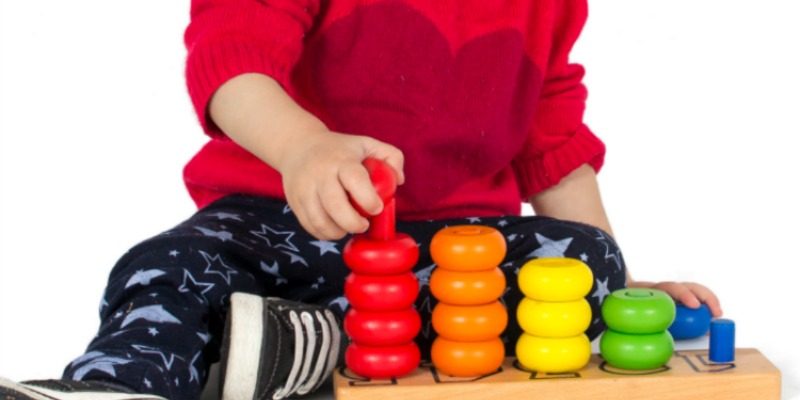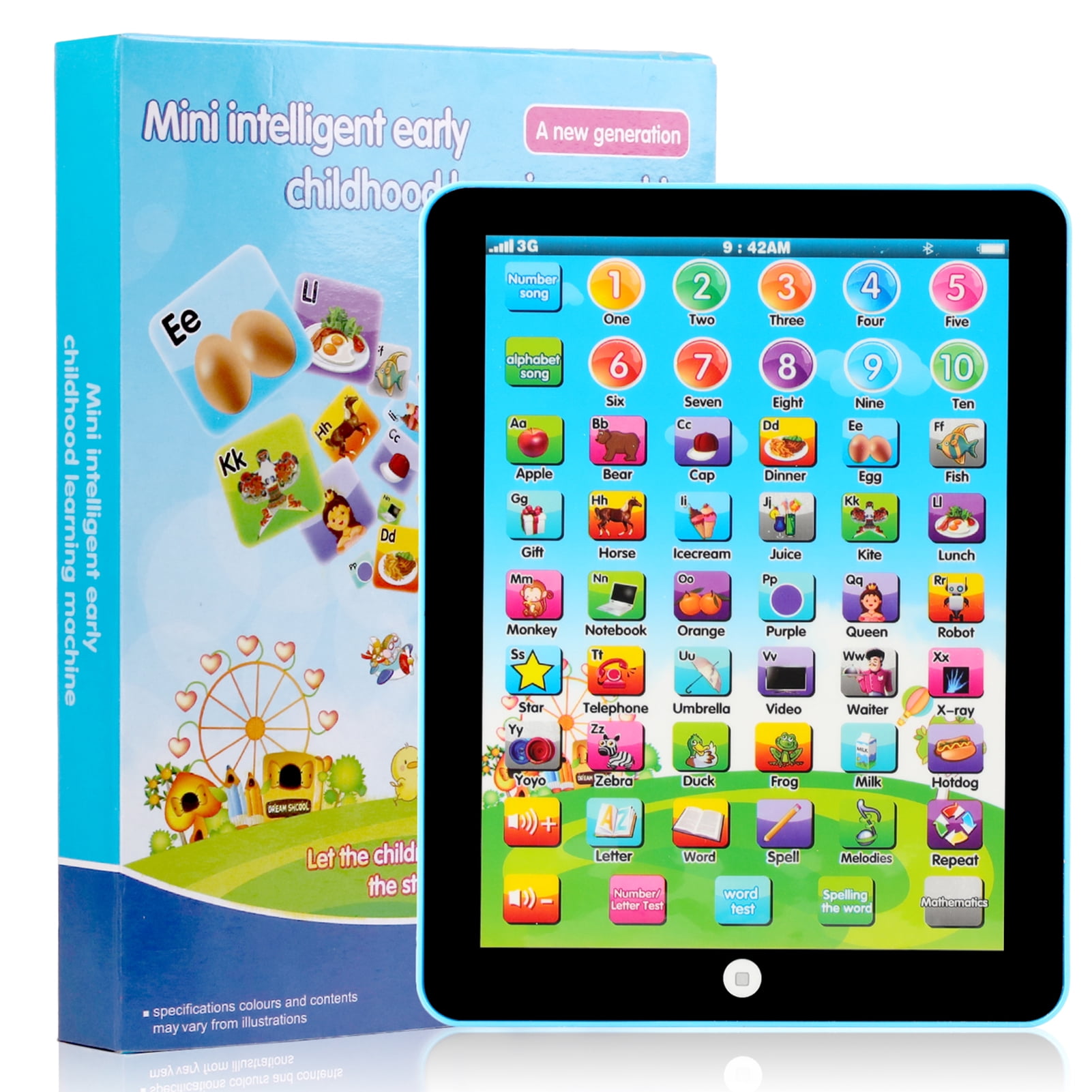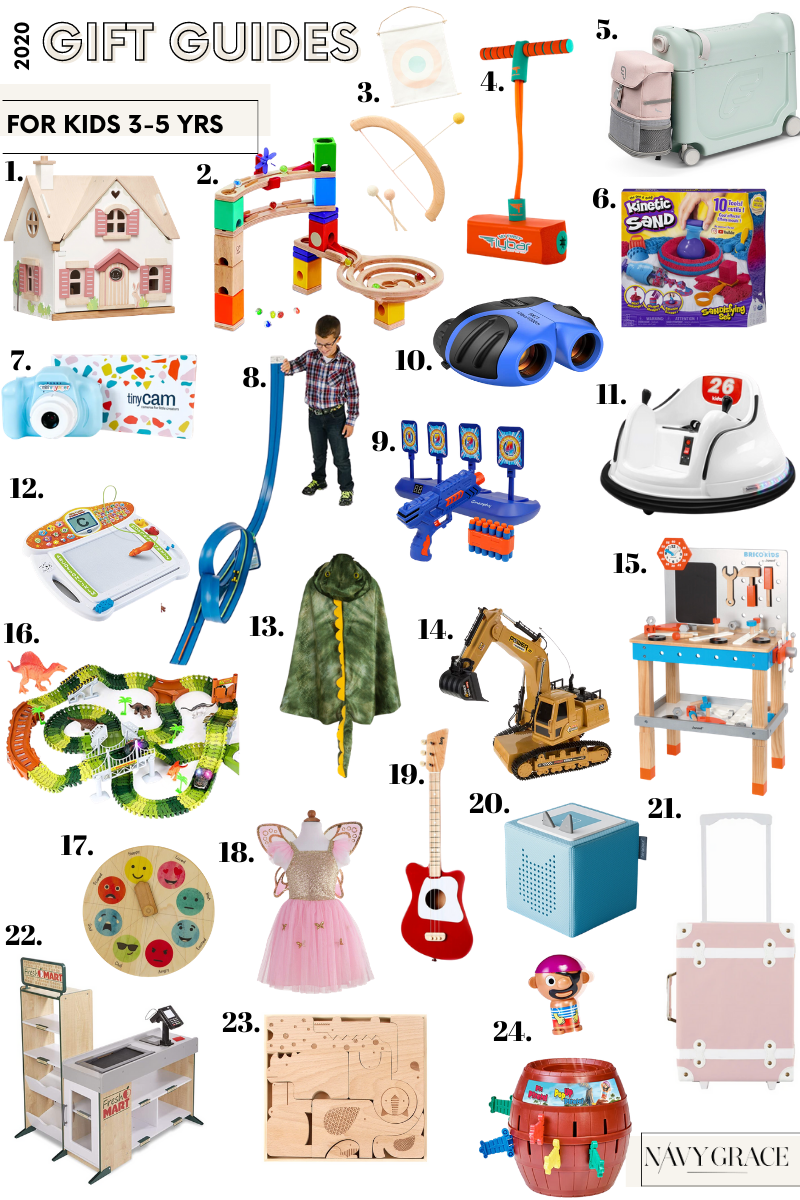Finding the perfect gift for a child can be a daunting task, especially when you want to give them something that is both fun and educational. With so many options available, it can be overwhelming to choose the right gift for a child. However, with a little bit of research and planning, you can find the best educational gifts for kids that will not only keep them entertained but also help them learn and grow. In this article, we will discuss the different factors to consider when looking for educational gifts for kids and provide you with some great ideas to get you started.
1. Consider the Child’s Interests and Age Group

The first step in finding the best educational gifts for kids is to consider their interests and age group. Children are naturally curious and have a thirst for knowledge, but their interests may differ based on their age. For younger children, interactive toys and games that involve colors, shapes, and sounds are great for developing fine motor skills and sensory awareness. As they grow older, their interests may shift towards specific subjects such as science, art, or music. Therefore, it is essential to know the child's interests and age group to select an appropriate educational gift.
Sub-Heading 1: Choosing the Right Age Group
It is crucial to choose a gift that is suitable for the child’s age group. A gift that is too advanced may frustrate the child, and one that is too simple may bore them. Here is a breakdown of age-appropriate gifts:
| Age Group | Gift Ideas |
|---|---|
| Infants | Soft toys, sensory toys, baby books |
| Toddlers | Building blocks, puzzles, toy instruments |
| Preschoolers | Arts and crafts kits, board games, magnetic tiles |
| School-age | Science kits, musical instruments, coding games |
| Tweens | Robotics kits, DIY projects, educational board games |
Sub-Heading 2: Choosing a Gift Based on Interests
Knowing the child’s interests can help you narrow down your options and find a gift that will capture their attention. For example, if a child loves animals, you can give them a set of animal figurines or an animal-themed puzzle. If they are interested in science, you can choose from a variety of science kits that allow them to conduct experiments and learn about different scientific concepts.
2. Look for Toys with Educational Value

When selecting an educational gift for kids, it is essential to look for toys that have educational value. These types of gifts not only entertain children but also teach them valuable skills and knowledge. Educational toys come in various forms, such as puzzles, building blocks, and interactive games. They stimulate a child’s creativity and imagination while developing their motor skills, problem-solving abilities, and critical thinking.
Sub-Heading 1: Different Types of Educational Toys
There are several types of educational toys available, each with its own benefits. Here are some popular options:
- Building/Construction Toys - These include building blocks, Lego sets, and magnetic tiles. They promote problem-solving and fine motor skills.
- Puzzles - Jigsaw puzzles, brain teasers, and Sudoku puzzles enhance critical thinking and mental agility.
- Arts and Crafts Kits - These kits allow children to explore their creativity and develop artistic skills.
- Science Kits - Science kits come in various topics such as chemistry, physics, and biology. They teach children about scientific concepts through fun experiments.
- Board Games - Board games like chess, Scrabble, and Monopoly improve cognitive skills and strategic thinking.
- Interactive Games - Educational video games and apps can also be great learning tools for kids.
Sub-Heading 2: Features to Look for in Educational Toys
When purchasing an educational toy, here are some features to look for:
- Multiple Ways to Play - Look for toys that can be played in different ways to keep children engaged and entertained.
- Durability - Children can be rough with their toys, so choose a gift made from sturdy materials that can withstand wear and tear.
- Hands-On Learning - Toys that involve hands-on learning and exploration are more effective in teaching children new skills.
- Age-Appropriate - Make sure the toy is suitable for the child’s age group to avoid frustration and accidents.
3. Consider the Educational Purpose

When it comes to educational gifts, there are various purposes you can consider. Some toys focus on developing specific skills, while others aim to introduce children to new subjects and concepts. It is essential to understand the purpose of the gift to ensure it aligns with your goals and expectations.
Sub-Heading 1: Types of Educational Purposes
Some common educational purposes include:
- Developing Fine Motor Skills - Toys such as building blocks, puzzles, and clay help improve hand-eye coordination, dexterity, and finger strength.
- Teaching Basic Concepts - Gifts like counting bears, shape sorters, and alphabet blocks introduce children to basic concepts and vocabulary.
- Encouraging Creativity and Imagination - Arts and crafts kits, dress-up sets, and storytelling games promote creativity and imagination.
- STEM Learning - Science, technology, engineering, and math (STEM) toys aim to teach children about these subjects through interactive play.
Sub-Heading 2: Choosing the Right Purpose for Your Child
As a parent or caregiver, you know your child's strengths and weaknesses and what areas they need to work on. Consider choosing a gift that aligns with their interests and learning needs to make the most impact. For example, if a child struggles with math, a board game that involves numbers and calculations could help them improve their skills while having fun.
4. Read Reviews and Recommendations
Before making a purchase, it is a good idea to read reviews and recommendations from other parents or educational experts. This will give you an idea of the toy's durability, educational value, and age appropriateness. You can find reviews on e-commerce websites, parenting blogs, and online communities. Additionally, you can also ask for recommendations from friends and family members who have children.
Sub-Heading 1: Resources for Reading Reviews and Recommendations
Here are some resources to help you read reviews and recommendations:
- Amazon - Amazon has a wide variety of educational toys and games, and you can find reviews and ratings from verified customers.
- Common Sense Media - This website provides expert ratings and reviews of educational apps, games, and media for kids.
- Parenting Blogs - Many parenting bloggers write about their experiences with different educational gifts for kids.
- Social Media - Join Facebook groups or follow accounts on Instagram that share educational gift recommendations.
Sub-Heading 2: How to Use Reviews and Recommendations Effectively
When reading reviews and recommendations, keep in mind that every child is different, and what works for one may not work for another. Consider your child's interests and learning needs before making a decision. It is also helpful to compare multiple reviews to get a more accurate understanding of the product.
5. Consider the Cost

Educational gifts can come at a range of prices, from budget-friendly options to more expensive ones. It is essential to consider your budget when selecting a gift, but keep in mind that a higher price tag does not always equate to a better quality product. You can find affordable options that provide the same educational benefits as more expensive gifts.
Sub-Heading 1: Tips for Finding Affordable Educational Gifts
Here are some tips for finding affordable educational gifts:
- Shop during sales and clearance events.
- Visit thrift stores and garage sales for secondhand toys.
- Check out online marketplaces like Etsy for handmade educational toys.
- Look for DIY kits that allow you to create the gift yourself at a lower cost.
Sub-Heading 2: How Much Should You Spend on an Educational Gift?
The amount you spend on an educational gift ultimately depends on your budget and the value you see in the product. However, it is essential not to overspend and instead focus on getting a gift that will provide the most educational benefits for your child.
FAQs

Q1: What age group are educational gifts suitable for?
A1: Educational gifts can be suitable for children of all ages, from infants to tweens. It is important to choose a gift that is appropriate for the child's interests and abilities.
Q2: Are expensive educational gifts better than affordable ones?
A2: Not necessarily. The price does not determine the quality of educational gifts. You can find affordable options that provide the same educational value as more expensive ones.
Q3: Can educational gifts be used as a replacement for traditional learning methods?
A3: No, educational gifts should not be seen as a replacement for traditional learning methods. They are meant to supplement a child's education and provide hands-on learning experiences.
Q4: Do all educational toys have an age recommendation?
A4: Most educational toys have an age recommendation to ensure that the toy is safe and suitable for the child's developmental stage. It is essential to consider this when selecting a gift.
Q5: Are educational gifts only for children who struggle academically?
A5: No, educational gifts are beneficial for all children, regardless of their academic performance. They promote learning and development in a fun and engaging way.
Conclusion
Finding the best educational gifts for kids is all about understanding the child's interests and needs, considering the educational value and purpose of the gift, and doing proper research. By following the guidelines in this article, you can select a gift that not only entertains but also educates. Remember to choose age-appropriate gifts, read reviews and recommendations, and consider your budget to ensure you find the perfect educational gift for your child.



